
By GENE UZAWA DORIO, M.D.
The clouds are wispy, and the breeze drifts toward the sunset. The dusky colors of the coming evening signify the end of the day. But not if you are on the pitcher’s mound, and the flags hint at how your curve ball breaks, or where you are positioned as an outfielder. It is still baseball time!
As many of us fans from Los Angeles and San Diego recently saw in the playoffs, players on the field who were batting, pitching, and catching had Asian backgrounds.
Shohei Ohtani batting, Yu Darvish pitching, Kyle Higashioka catching, and others on both teams shared similar ancestry, including Dodger manager Dave Roberts.
At the same time, more distantly, a former teammate of mine, Dan Kwong, was resurrecting the baseball field at Manzanar National Historic Site, known as an infamous relocation camp for confined Japanese Americans during WWII. Nature took the field back, covering it with tumbleweeds, erasing the baselines, and rotting away the backstop and grandstand.

The baseball field at Manzanar was the heart of life for those forced to be interned, but mainly, it served as the backbone of a tradition as American as apple pie. It kept the community from being homesick, recollecting past eras, and knowing there would be a future. Those who continued the game of baseball at Manzanar would establish the shoulder to stand on for many of those who are playing today in Major League Baseball.
Why did it take so long to achieve recognition of Asians playing professional baseball? Was it racial hatred for a war enemy, or just the evolution of time and acceptance of finally acknowledging the skills and abilities of those who should have been accepted into Major League Baseball many decades ago?
I am “Hapa” and was assimilated into a Los Angeles community of color in the 1950s and ’60s. Like many, my family could not afford for me to play in Little League. But our neighbor, Jimmy James Barber Junior the Third (that’s what we called him!), was on a team at Queen Anne Park near Los Angeles High School. One day he asked if I wanted to go to baseball practice to shag balls. At the end of practice, the coach told me to take some swings in batting practice, and I proceeded to hit them over the fence.
“Son, what team do you play for?” Jimmy told him I wasn’t on a team, so the coach asked if I wanted to play for them. I responded that my family couldn’t afford it, so he picked up a uniform and hat and said, “You’re on our team!” I was about nine years old, and from that point, I never paid to play on any team during my “career.”
My folks got me a glove from Blue Chip Stamps (if you are old enough to remember them), but the drawback is that the left-hander’s mitt had only four fingers! I was given hand-me-down cleats, and used team bats.
One of my elementary school friends, Gary Kitagawa, invited me to play for the Uptown Youth Club, and I remember hitting a home run over the fence to the opposite field in Gardena. Many teams recruited me, and as I grew older, Coach Sam Adachi from the Little Tokyo Giants asked me to play on their team when I was 15.

This, though, was a very “integrated” team with not just Asians but Hispanics, African Americans, and whites. Plus, we had a “pitching machine” for batting practice! Many of the players had played professionally, so younger players like me learned the game of baseball from a strategic and mental viewpoint.
I met Bobby Umemoto, who was my age and also new to the team. He was a catcher with a great arm and could throw a ball on a line drive from the left-field foul pole at Dodger Stadium to home plate on one bounce! Looking back, after playing ball for over a decade with and against some of the finest players who ever played, Bobby was the best I had ever seen. He easily could have been the first Ohtani almost 60 years ago!
We played teams all over the state, mostly on weekends, against many players in the Baseball Hall of Fame. Locally, we were in a league of college teams like USC, who during this time were College World Series champions for half a decade. Our third baseman was Miguel Mejia (now a physician in Van Nuys), who was excellent. After the games, we often would “shoot the breeze” with Anthony Davis, the Heisman Trophy winner, and former great with the Angels and Red Sox, Fred Lynn from USC.
I was a first baseman, outfielder, and pitcher for the latter part of my career, and learned as a left-hander to pick runners off first easily. I studied base stealing from a player Maury Wills taught. (When my brother and I talked to Maury at Dodger Stadium, I told him I was a prodigy of his teachings.)
The last year I was with the Giants, another lefty came up, Dan Kwong. He was smooth, with a quick bat, and fast. Incredibly, Dan and Bobby are still, to this day, coaching the Little Tokyo Giants!

I was lucky to see the integration of baseball, but unfortunately, it was slow. In the meantime, salaries have markedly improved for players, primarily due to the uncle of Jimmy James Barber Junior the Third, Curt Flood (centerfielder for the St. Louis Cardinals), who literally opened the “free agency” floodgates.
Los Angeles High School produced some of the finest area athletes, especially in football and baseball. We were from a blended community of many colors and backgrounds. Some players even had four-finger gloves like me!
If not for the melting pot of Los Angeles, my experience of playing baseball may have been different. That tradition had been preserved by those at Manzanar so that it could live with the teams and players of the Dodgers, Padres, and many other major league teams.
Dan Kwong reminds us of that tradition, and re-establishing the Manzanar playing field will soon reconnect us to where we come from. So, Dan, let us know when you complete your mission.
Baseball is about apple pie and the spirit of camaraderie. It is the American way that keeps us focused and moves us forward.
Even with wispy clouds, gentle breezes, and the emanating dusky colors of evening, baseball will never have a sunset.
If you build it, they will come.
Gene Dorio, M.D., is a geriatric physician in Santa Clarita who makes house calls for his senior patients. He is the past president of the Los Angeles County Commission for Older Adults and currently serves as an assemblymember of the California Senior Legislature. Opinions expressed in Vox Populi are not necessarily those ofThe Rafu Shimpo.
 For More Than 80 Years, Grace in Every Step
For More Than 80 Years, Grace in Every Step
 Seattle Storm vs. Washington Mystics 2024 livestream: Watch live WNBA
Seattle Storm vs. Washington Mystics 2024 livestream: Watch live WNBA
 That Matchmaking Show
That Matchmaking Show
 SpaceX launched and landed a rocket that has already been to space
SpaceX launched and landed a rocket that has already been to space
 Riverside Art Museum Exhibit Delves into EO 9066
Riverside Art Museum Exhibit Delves into EO 9066
 SpaceX launched and landed a rocket that has already been to space
SpaceX launched and landed a rocket that has already been to space
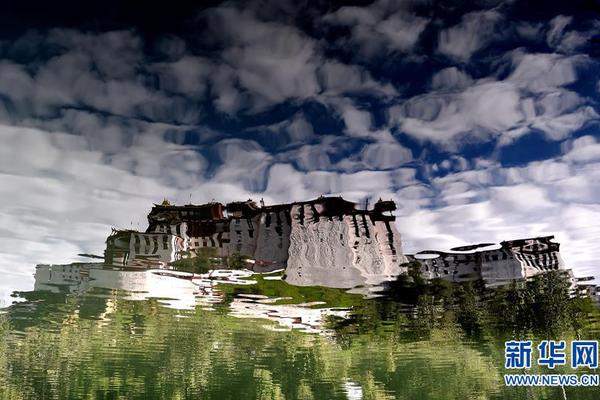 Apple to start manufacturing iPhone Pro in India, report claims
Apple to start manufacturing iPhone Pro in India, report claims
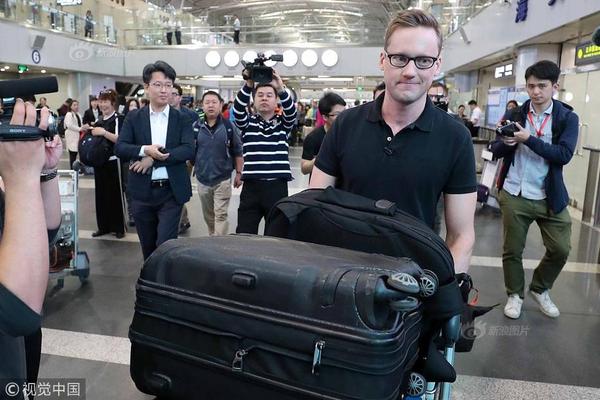 Happy выиграл Warcraft 3 All
Happy выиграл Warcraft 3 All
 Brute Forces
Brute Forces
 Dota 2 и Counter
Dota 2 и Counter
 Best speaker deal: The Google Nest Audio is just $49.99
Best speaker deal: The Google Nest Audio is just $49.99
 Apple Podcasts are now available on the web
Apple Podcasts are now available on the web
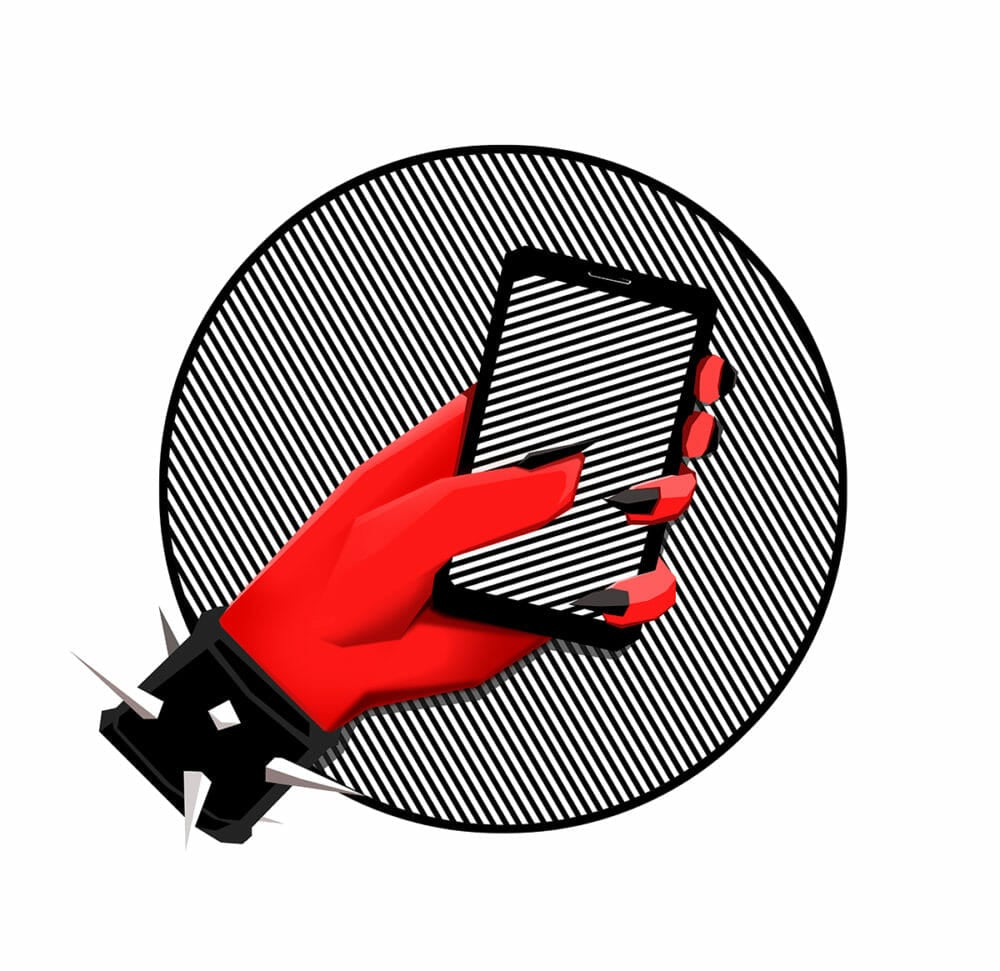 Fresh Hell
Fresh Hell
 Afternoon of Women Writers at GVJCI
Afternoon of Women Writers at GVJCI
 Best Lego deals: Save on multiple Lego sets, from Star Wars to flowers and beyond
Best Lego deals: Save on multiple Lego sets, from Star Wars to flowers and beyond
 President Trump's Puerto Rico visit was singularly weird and offensive
President Trump's Puerto Rico visit was singularly weird and offensive
 Best earbud deal: Get a pair of Amazon Echo Buds for just $54.99
Best earbud deal: Get a pair of Amazon Echo Buds for just $54.99
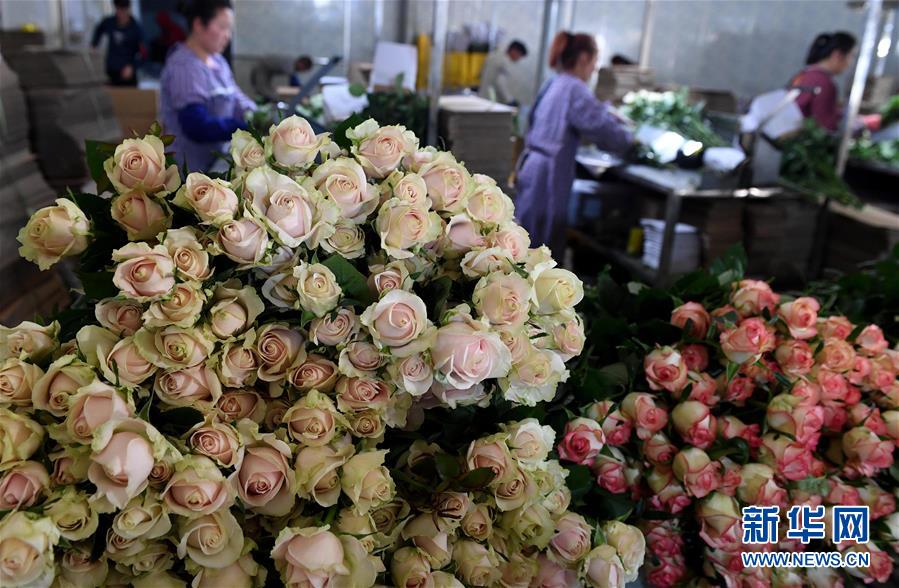 Deadlock стала самой желанной игрой в Steam
Deadlock стала самой желанной игрой в Steam
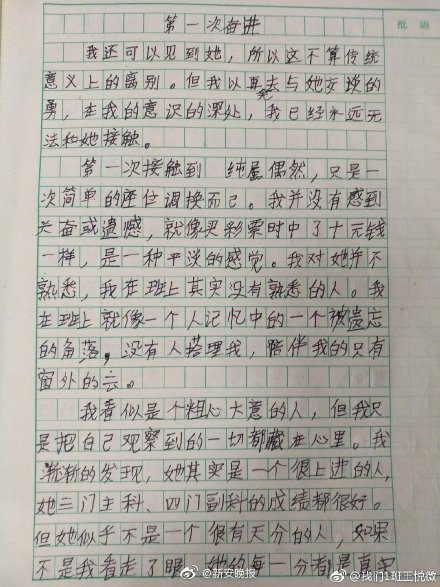 FEMA Administrator blames logistics for slow Puerto Rico relief, gets major Twitter reality check
FEMA Administrator blames logistics for slow Puerto Rico relief, gets major Twitter reality check
Viral Tiktok recipe for air fryer oranges makes for a pretty gross, hot fruit breakfastHow to set up Keychain Access in macOS to keep your passwords safeHow to use low power mode on a Mac, for when you need to conserve battery on your computer11 free online writing coursesHere is the best, easiest to use app for buying cryptoThe wine Gabriel put back: 'Emily in Paris' Season 2 flub is super gross.Inclusive fitness is the alternative to toxic diet and weightFake 'CryptoPunk' hexagonal Twitter profile picture shows fatal flaw in its NFT plansTikTok is adding new features to fight antisemitismAustralia's new laws could force Twitter, Facebook to take down 'cyber The Spiritual Search for a Father State Providing $300,000 for Budokan Programs and Services Eviction Moratorium Extended Kaiser Permanente Launches Initiative to Stop Anti Keiro and JACCC to Virtually Host 4th Annual Keiro no Hi Festival Asian American City Councilman Receives Hate Email Matsui, Hirono Call for Establishment of Gender Equity Office in Dept. of Education ‘Mottainai!’ Inspires Unique Gift Concept Rice Pizza, Noodle Ices: Food Shows Japan's Punk Rock Soul Bay Area Elementary School Named After JA Community Leader
0.1365s , 11992.78125 kb
Copyright © 2025 Powered by 【lucah baju kebaya ketat ak】VOX POPULI: If You Build It, They Will Come,Global Hot Topic Analysis